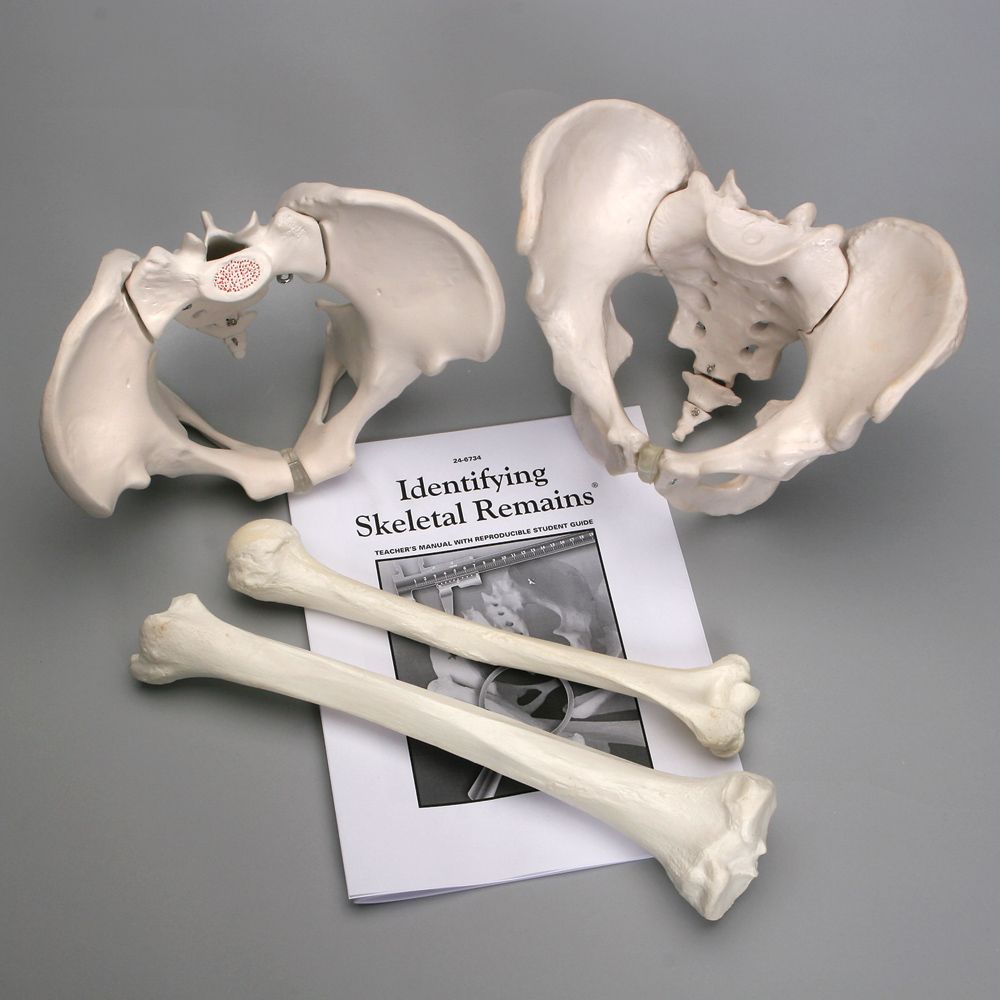Print Media Careers: Complete Guide to Newspapers and Magazines Industry
Understand the modern print media landscape
The print media industry has undergone significant transformation, yet it remains a viable career path for passionate storytellers and media professionals. Newspapers and magazines continue to serve essential roles in society, provide in depth reporting, analysis, and specialized content that digital platforms oftentimes can not match.
Today’s print media professionals work in hybrid environments, combine traditional publishing with digital platforms. This evolution has created new opportunities while maintain the core mission of inform and engage audiences through quality journalism and content creation.
Career opportunities in newspapers
Newspaper careers extend far beyond traditional reporting roles. Modern newsrooms offer diverse positions that cater to various skill sets and interests.
Editorial positions
Staff writers form the backbone of newspaper operations, cover beats range from local government to sports and entertainment. Beat reporters develop expertise in specific areas, become trust sources for their communities. Feature writers craft longer form pieces that explore complex topics in depth.
Copy editors ensure accuracy and clarity in publish content, while editors manage story assignments and maintain editorial standards. Senior editorial positions include manage editors, who oversee daily operations, and editors-in-chief, who guide overall publication direction.
Digital integration roles
Newspapers progressively rely on digital specialists to maintain their online presence. Social media managers engage audiences across platforms, while digital content producers create multimedia stories that combine text, video, and interactive elements.
Data journalists analyze complex information to create compelling visual stories, while SEO specialists ensure content reach target audiences through search engines.
Business and operations
Advertising sales representatives work with local businesses to create revenue streams essential for newspaper survival. Circulation managers focus on subscriber retention and acquisition, while marketing coordinators promote the publication’s brand and content.
Magazine industry career paths
Magazines offer specialized career opportunities that oftentimes provide more creative freedom and niche expertise development than newspapers.
Editorial excellence
Magazine writers typically specialize in specific subjects, become experts in their fields. Fashion magazines employ style writers and trend forecasters, while business publications seek financial journalists and industry analysts.
Art directors and graphic designers play crucial roles in magazine production, create visual layouts that enhance write content. Photo editors curate imagery that support editorial vision, while fact-checkers ensure accuracy in publish materials.
Specialized roles
Trade magazines require writers with industry specific knowledge, offer opportunities for professionals to leverage previous career experience. Lifestyle magazines employ food stylists, travel writers, and health experts who combine subject expertise with writing skills.
Digital magazine producers create interactive content for tablet and online platforms, while podcast producers develop audio content that extend magazine brands into new media formats.
Salary expectations and compensation
Print media salaries vary importantly base on location, publication size, and experience level. Entry level positions typically start modestly, but experienced professionals can achieve competitive compensation packages.
Entry level compensation
New graduates enter newspaper careers can expect starting salaries range from $25,000 to $$40000 yearly, depend on market size and publication resources. Magazine internships and entry level positions oft offer similar compensation ranges, with potential for rapid advancement base on performance.
Mid-career earnings
Experienced journalists and editors typically earn between $45,000 and $$75000 yearly, with senior positions at major publications command higher salaries. Specialized writers in lucrative niches like finance or technology oftentimes earn premium rates for their expertise.
Senior level opportunities
Manage editors, editors-in-chief, and senior writers at established publications can earn six-figure salaries, peculiarly in major metropolitan markets. Freelance writers who develop strong client relationships and specialized expertise oftentimes achieve higher hourly rates than staff positions offer.
Essential skills for success
Modern print media careers require diverse skill sets that combine traditional journalism fundamentals with digital literacy and business acumen.
Core journalism skills
Strong writing ability remain paramount in print media careers. Professionals must craft clear, engaging prose that serve their target audience while maintain accuracy and objectivity. Research skills enable journalists to uncover stories and verify information from multiple sources.
Interview techniques help reporters extract compelling quotes and information from sources, while deadline management ensure timely content delivery in fasting pace environments.
Digital proficiency
Content management systems knowledge allow writers to publish and update online content severally. Social media expertise help professionals promote their work and engage with audiences across platforms.
Basic photography and video skills enhance story tell capabilities, while data analysis abilities enable journalists to interpret complex information for general audiences.
Business understanding
Successful print media professionals understand their publication’s business model and target audience. Marketing awareness help writers create content that attract readers while maintain editorial integrity.
Network skills facilitate source development and career advancement opportunities within the industry.
Educational requirements and preparation
While formal education requirements vary, most print media positions prefer candidates with relevant academic backgrounds and practical experience.
Academic foundation
Journalism degrees provide comprehensive training in reporting, writing, and media ethics. Communications programs offer broader media knowledge, while English degrees develop strong writing and analytical skills.
Specialized subjects like political science, economics, or science can provide valuable background for beat reporting positions in those areas.
Practical experience
Student newspaper and magazine experience demonstrate commitment to the field while build portfolio materials. Internships at professional publications provide industry exposure and network opportunities.
Freelance write experience show initiative and help develop client management skills valuable throughout print media careers.
Industry challenges and opportunities
Print media face ongoing challenges that create both obstacles and opportunities for career minded professionals.
Adapt to change
Decline print circulation has force publications to diversify revenue streams and content delivery methods. This transformation create opportunities for professionals who can bridge traditional and digital media approaches.
Consolidation within the industry has reduced some positions while create opportunities for versatile professionals who can handle multiple responsibilities.
Emerge opportunities
Subscription base models are proved successful for quality publications, create stable revenue streams that support professional journalism careers. Niche publications serve specific audiences oftentimes provide more job security than general interest publications.
Corporate communications and content marketing roles offer alternative career paths for print media professionals seek to apply their skills in different contexts.
Build a successful print media career
Long term success in print media require strategic career planning and continuous skill development.
Portfolio development
Strong portfolios showcase writing versatility and subject expertise. Professionals should maintain update samples that demonstrate their best work across different formats and topics.
Digital portfolios allow easy sharing with potential employers and clients, while print samples can make strong impressions during in person interviews.
Professional development
Industry conferences and workshops provide network opportunities and skill updates. Professional organizations offer resources and job placement assistance for members.
Continue education in digital tools and emerge technologies help print media professionals stay competitive in evolve job markets.
Career advancement strategies
Successful print media professionals oftentimes develop expertise in specific subjects or geographic areas, become go to sources for particular types of stories. Build relationships with sources and industry contacts facilitate story development and career opportunities.

Source: alamy.com
Cross-training in multiple areas of publication operations increase value to employers and provide career flexibility during industry changes.
Future outlook for print media careers
Despite challenges, print media continue to evolve and adapt, create new opportunities for dedicated professionals.

Source: rifnote.com
Quality journalism remain in high demand, with readers progressively willing to pay for reliable, wellspring research content. Publications that successfully combine print and digital strategies frequently provide stable career environments for their employees.
The rise of newsletter platforms and subscription services has created new opportunities for independent journalists and small publication teams. These platforms allow writers to build direct relationships with audiences while maintain editorial independence.
Print media skills translate swell to adjacent fields like content marketing, corporate communications, and digital media provide career flexibility for professionals who choose to transition to related industries.
For individuals passionate about storytelling, community service, and information sharing, print media careers offer meaningful work that contribute to informed public discourse. While the industry continue to evolve, the fundamental need for quality journalism and engage content ensure ongoing opportunities for skilled professionals.



